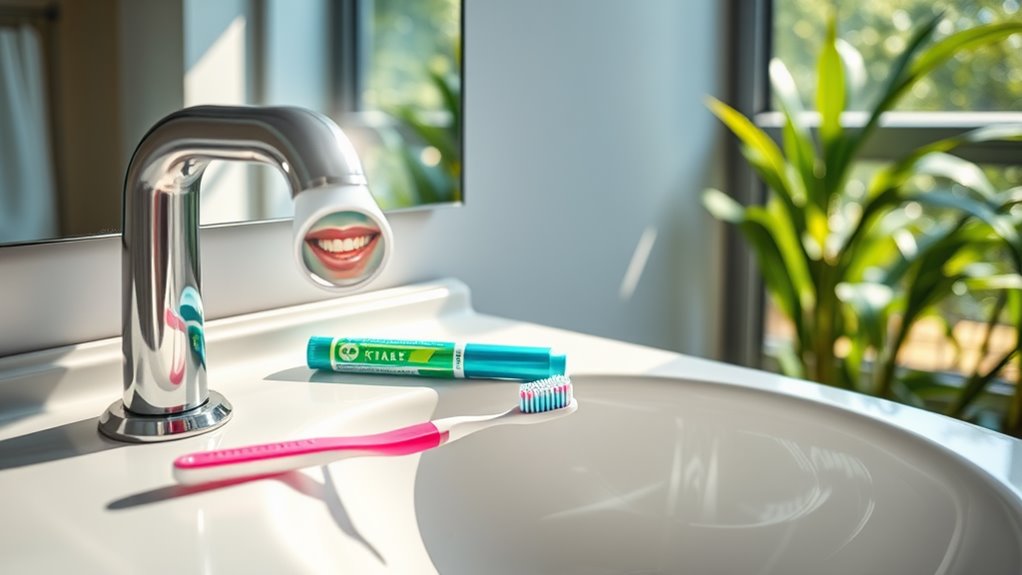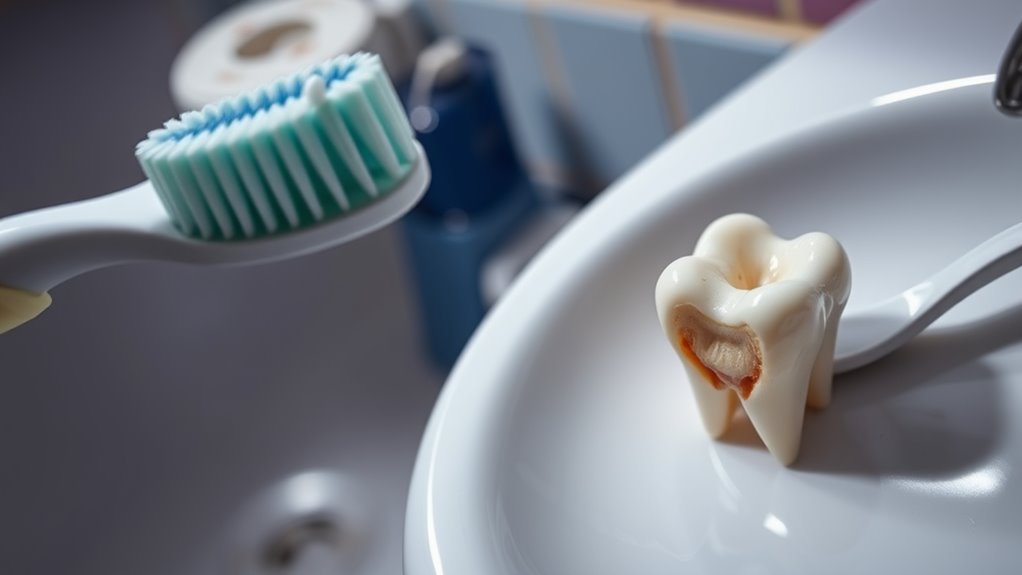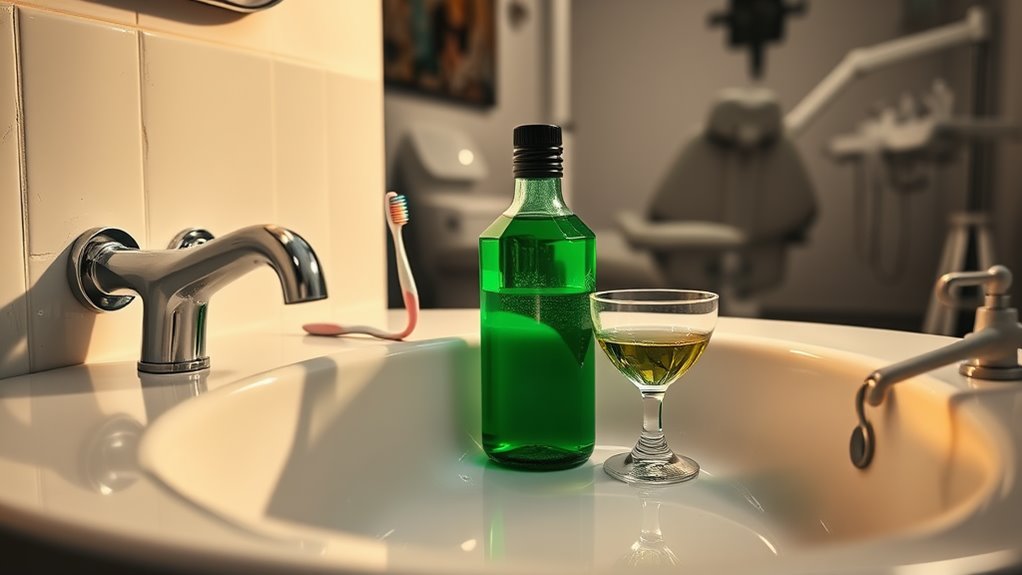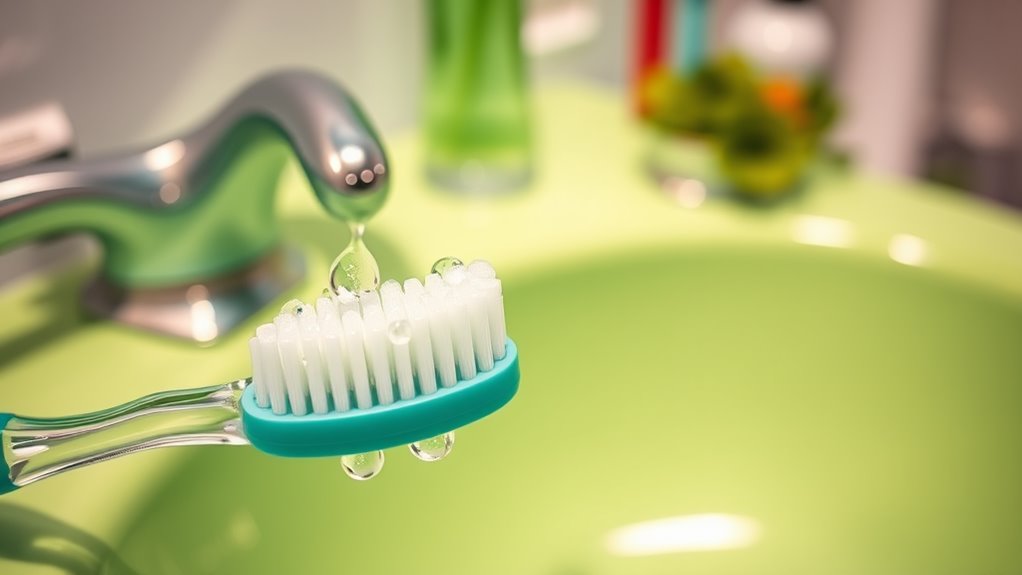The #1 Vitamin You Need for Strong, Cavity-Free Teeth!
Your teeth deserve more than just regular brushing and flossing – they need the right nutrients to stay strong and healthy. While many vitamins play a role in dental health, Vitamin D stands out as the most crucial for preventing cavities and maintaining strong teeth. You’ll be surprised to learn how this “sunshine vitamin” works behind the scenes to protect your smile and what happens when you don’t get enough of it.
How Vitamin D Safeguards Your Dental Health
While many nutrients contribute to dental health, vitamin D plays a crucial role in protecting and strengthening your teeth. As the best vitamin for teeth, it enables your body to absorb calcium effectively and deposit it into your tooth enamel, creating a robust defense against decay.
Your teeth undergo constant stress from daily activities like chewing and exposure to acidic foods. Vitamin D helps repair microscopic damage by activating specialized cells that rebuild tooth structure. Additionally, it is essential for maintaining strong teeth as it regulates mineral balance vital for tooth integrity.
It also boosts your immune system’s ability to fight harmful bacteria that cause cavities and gum disease.
You’ll find that adequate vitamin D levels help reduce inflammation in your mouth and support the health of your jaw bone, which anchors your teeth firmly in place.
Signs of Vitamin D Deficiency in Your Teeth
Since vitamin D deficiency often develops gradually, you might notice several warning signs in your teeth and mouth. Pay attention to these symptoms, as they could indicate you’re not getting enough of this crucial vitamin. Regularly consuming calcium-rich foods is essential for dental health, as they help maintain strong teeth and prevent decay.
| Warning Sign | What You’ll Notice | Action Needed |
|---|---|---|
| Weak Enamel | Teeth feel sensitive to hot/cold | Dental exam + vitamin D test |
| Delayed Healing | Gums recover slowly after procedures | Blood work to check D levels |
| Frequent Decay | Multiple cavities despite good hygiene | Increase D intake + sun exposure |
| Gum Problems | Bleeding, swollen, or receding gums | Periodontal checkup + D supplements |
| Tooth Pain | Unexplained aching in teeth | Visit dentist + check D status |
Don’t ignore these signs, as they can lead to serious dental problems. Your teeth’s health directly reflects your vitamin D status, and addressing a deficiency early can prevent long-term damage to your dental structure. Consider getting your vitamin D levels tested if you’re experiencing any of these symptoms.
Best Sources and Daily Requirements for Vitamin D
Once you recognize the warning signs of vitamin D deficiency, you’ll want to know exactly where to get this vital nutrient and how much you need.
The recommended daily intake for adults is 600-800 IU, though some experts suggest up to 2000 IU for optimal dental health.
The sun remains your best source of vitamin D – just 10-15 minutes of direct sunlight on your skin can produce a day’s worth.
For food sources, prioritize fatty fish like salmon, mackerel, and tuna. You’ll also find significant amounts in egg yolks, beef liver, and fortified products like milk, orange juice, and cereals.
If you’re struggling to get enough through natural sources, consider a D3 supplement. It’s more effectively absorbed than D2 and pairs well with vitamin K2 for enhanced calcium distribution.
Remember to check with your healthcare provider before starting any supplement regimen, as individual needs vary based on factors like age, location, and lifestyle.




